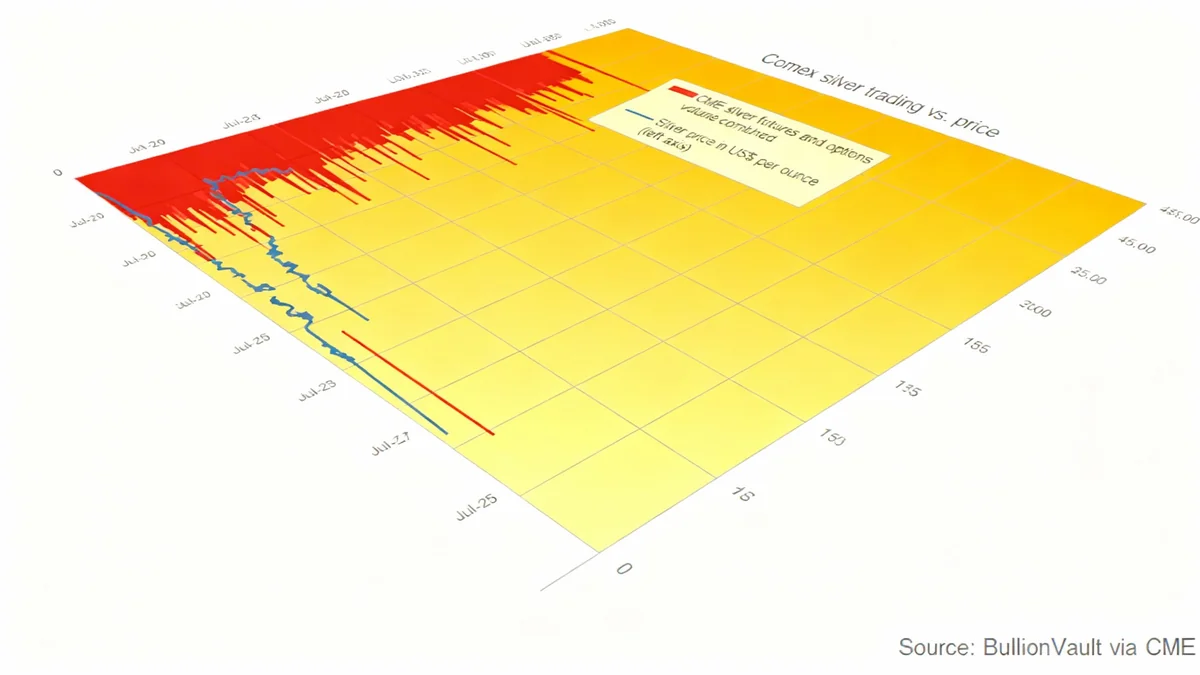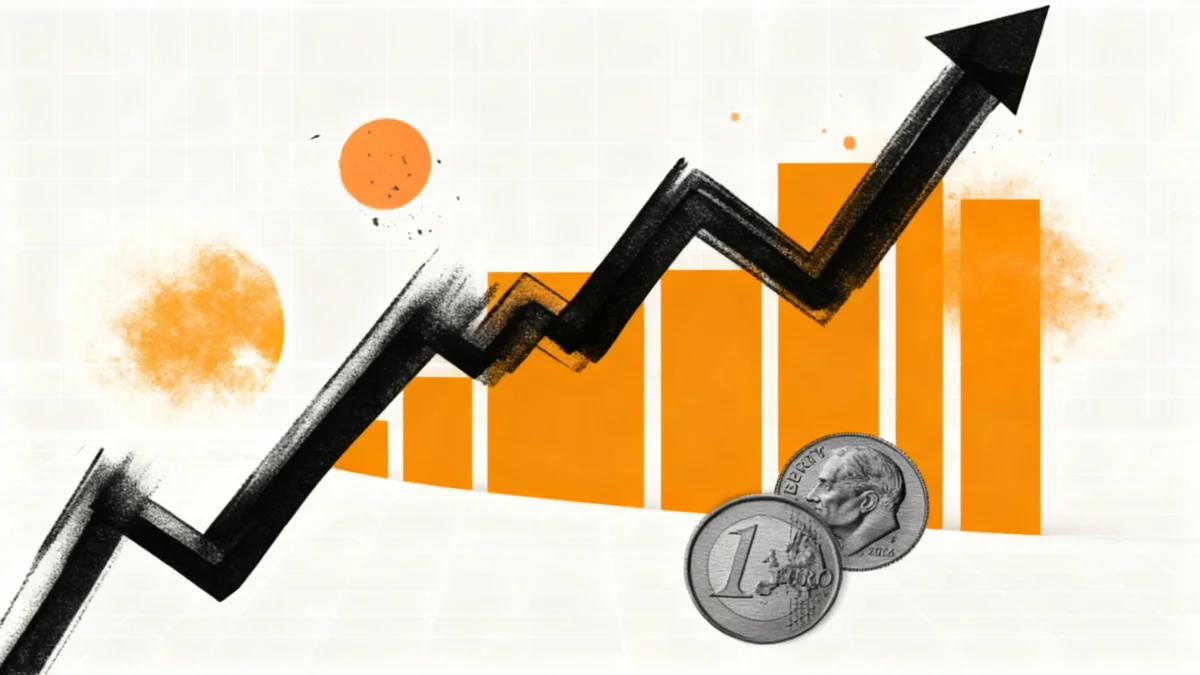Berkshire Hathaway, led by Warren Buffett, maintains a significant $30.5 billion position in two major American companies: Coca-Cola and Amazon. Despite recent market performance that has lagged broader indices, Wall Street analysts project notable growth potential for both, with forecasts suggesting a 15% upside for Coca-Cola and a 23% rise for Amazon.
Key Takeaways
- Berkshire Hathaway has invested approximately $28.3 billion in Coca-Cola and $2.19 billion in Amazon.
- These two holdings represent a combined 11.84% of Berkshire's publicly disclosed stock portfolio.
- Analysts have set an average price target for Coca-Cola that suggests a 15% potential increase from its current level.
- Wall Street forecasts for Amazon indicate a potential upside of 23%, citing growth in cloud and advertising sectors.
Berkshire's Major Holdings in Focus
Warren Buffett's investment strategy, known for its long-term focus on value, is closely watched by investors worldwide. Within Berkshire Hathaway's extensive $257.52 billion equity portfolio, which includes 41 different stocks, the positions in Coca-Cola (NYSE: KO) and Amazon (NASDAQ: AMZN) stand out due to their size and strategic importance.
Together, the $30.5 billion allocation to these two companies underscores a blend of stability and growth. While Coca-Cola represents a classic defensive play, Amazon offers exposure to high-growth sectors like e-commerce, cloud computing, and digital advertising.
Portfolio Composition
The combined investment in Coca-Cola and Amazon accounts for 11.84% of Berkshire Hathaway's reported stock holdings. This significant weighting highlights the firm's confidence in the long-term fundamentals of both the established beverage giant and the dominant technology leader.
Coca-Cola: Stability and Shareholder Returns
Berkshire Hathaway's stake in Coca-Cola is valued at approximately $28.3 billion. The beverage company is often viewed as a resilient investment, particularly during periods of economic uncertainty. Analysts have pointed to several factors supporting a positive outlook.
According to data from Yahoo! Finance, the average analyst price target for Coca-Cola is $77.49, which implies a potential 15% upside from its current valuation. This optimism is partly based on the company's ability to weather economic headwinds.
A Defensive Business Model
Coca-Cola's business is considered relatively insulated from certain global economic pressures, such as tariffs. Because the company operates extensive manufacturing and bottling facilities within the regions it serves, it largely avoids the costs and complexities of shipping finished products across international borders.
Furthermore, the demand for its products tends to remain stable even during economic downturns. This consistency makes it an attractive holding for investors seeking to reduce portfolio volatility during a potential recession.
A Legacy of Dividends
Coca-Cola is a member of the elite "Dividend Kings," a group of companies that have increased their dividend payouts for at least 50 consecutive years. Coca-Cola's record is particularly impressive, with 63 straight years of dividend hikes. Its current forward dividend yield is 3.1%, significantly higher than the S&P 500 average of 1.2%.
The company's strong brand recognition, diverse beverage portfolio, and ongoing product innovation are expected to support sustained, long-term growth. These fundamentals make it a cornerstone holding for value-oriented investors like Berkshire Hathaway.
Amazon: Pursuing Growth in Tech
Berkshire's investment in Amazon is smaller at $2.19 billion but represents a significant bet on the future of technology and commerce. Despite underperforming some of its tech peers over the past year, Wall Street remains bullish on Amazon's long-term prospects, with price targets suggesting a potential 23% upside.
Dominance in Cloud Computing
A key driver of Amazon's value is its cloud computing division, Amazon Web Services (AWS). While facing increased competition, AWS remains the market leader in the cloud infrastructure space. The industry is still considered to have substantial room for growth.
"CEO Andy Jassy believes we are still in the early innings," a sentiment that suggests a long runway for expansion in the cloud market. The high switching costs for enterprise clients create a strong economic moat for AWS.
Improving Profitability and New Ventures
Beyond the cloud, Amazon is actively working to enhance the profitability of its core e-commerce business. The company is leveraging artificial intelligence and other technologies to improve efficiency in its traditionally low-margin retail operations. A small improvement in e-commerce margins could have a substantial impact on the company's overall bottom line.
Amazon is also developing other high-growth revenue streams. Its digital advertising business has become a significant contributor to profits, competing directly with established players in the online ad market.
- Cloud Leadership: AWS continues to hold the top spot in the cloud services market.
- E-commerce Efficiency: AI initiatives are aimed at boosting historically thin retail profit margins.
- Advertising Growth: The company's ad business is an increasingly important source of high-margin revenue.
While Amazon's stock may experience short-term volatility, its diversified business model and dominant positions in key growth markets provide a strong foundation for future returns. Investors with a long-term horizon see current valuations as an attractive entry point for a company poised for continued expansion through 2030 and beyond.





